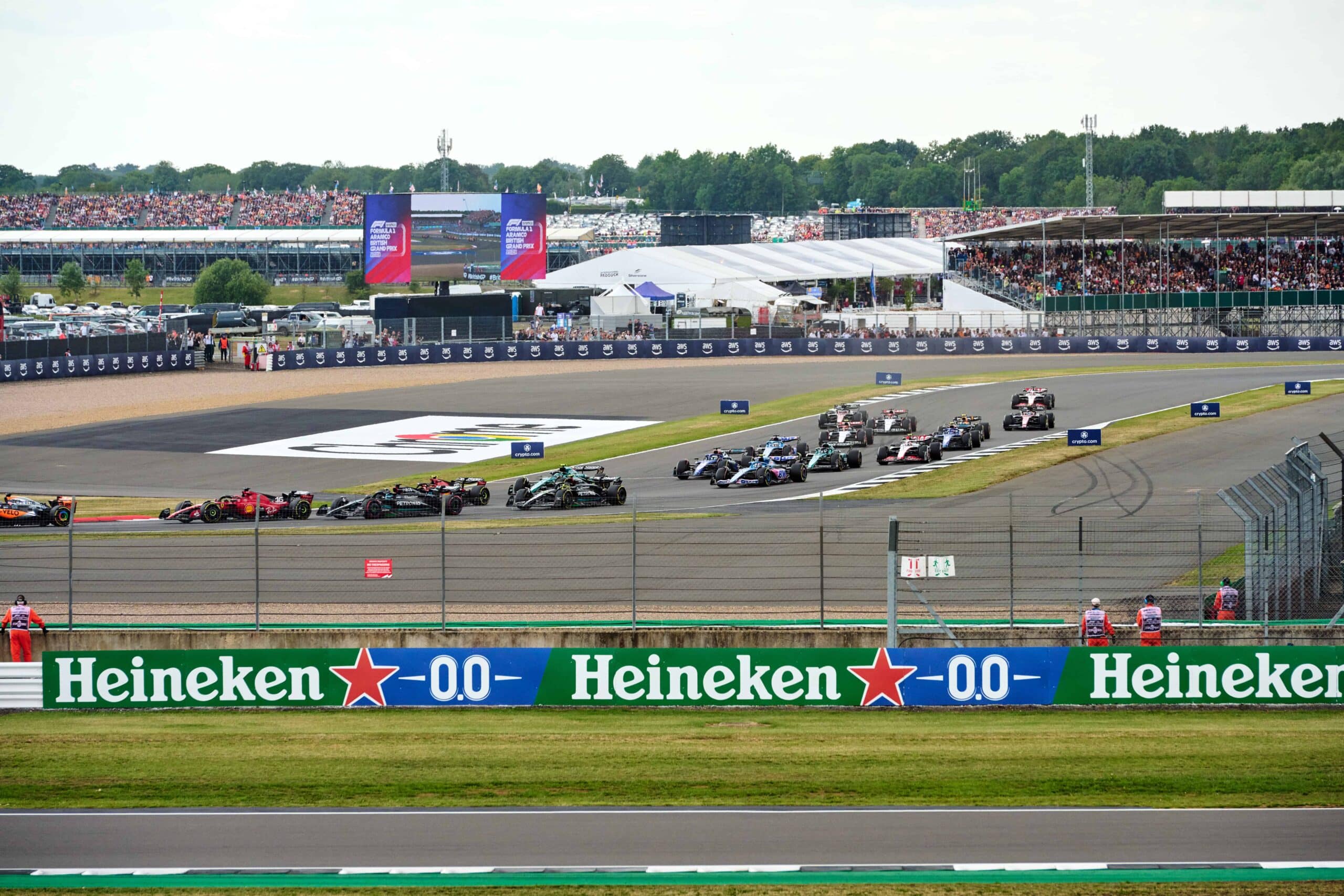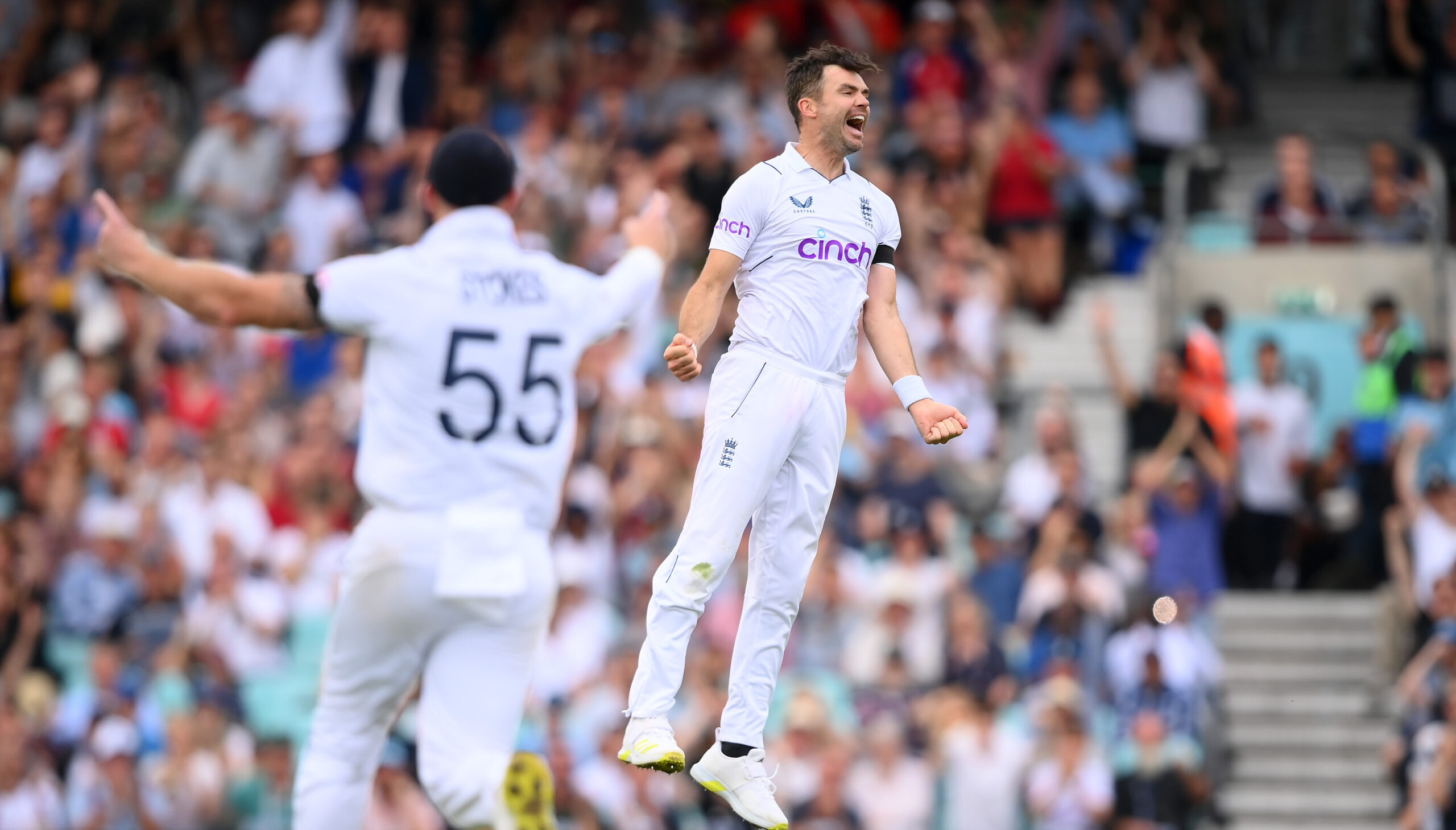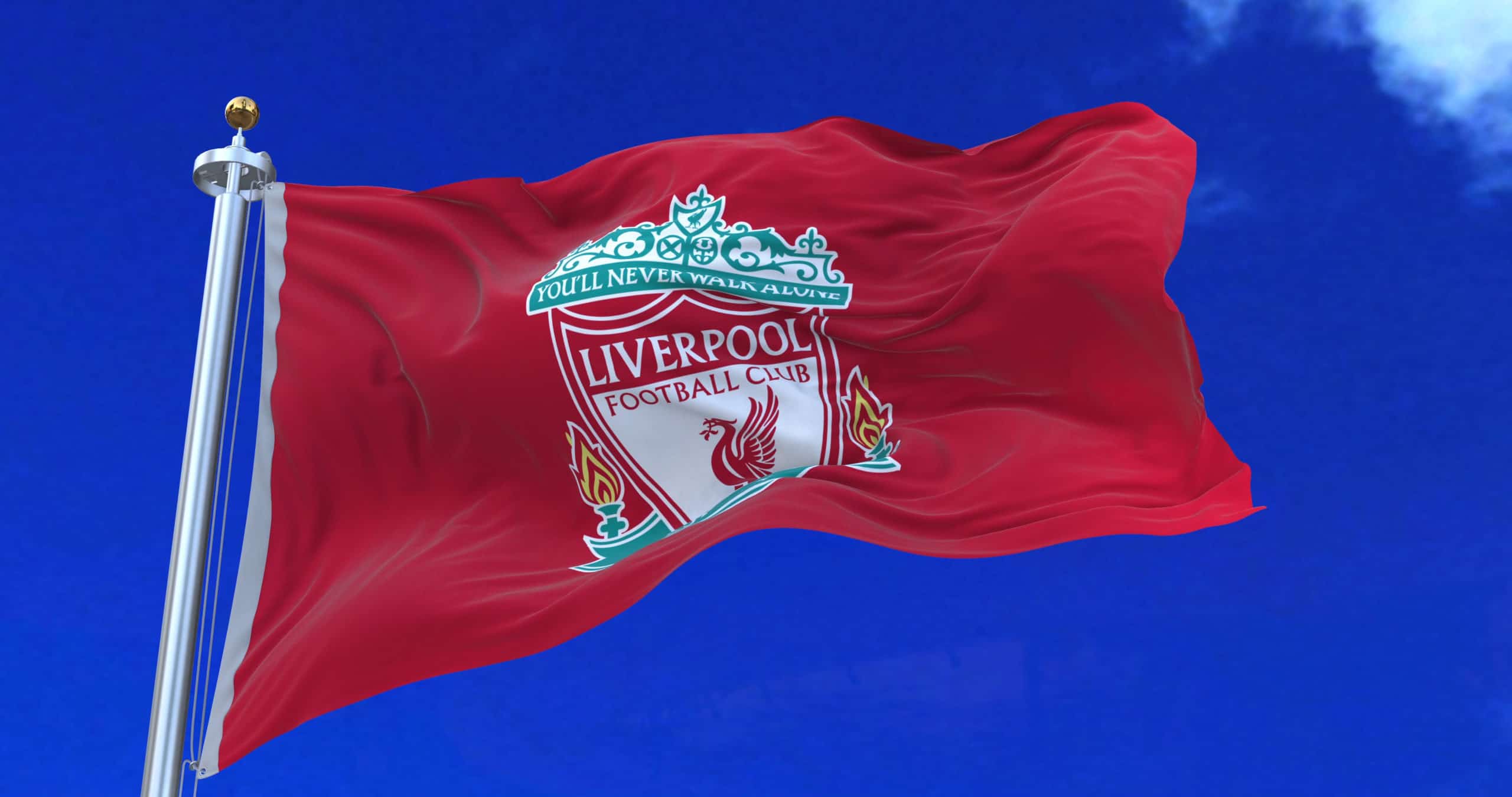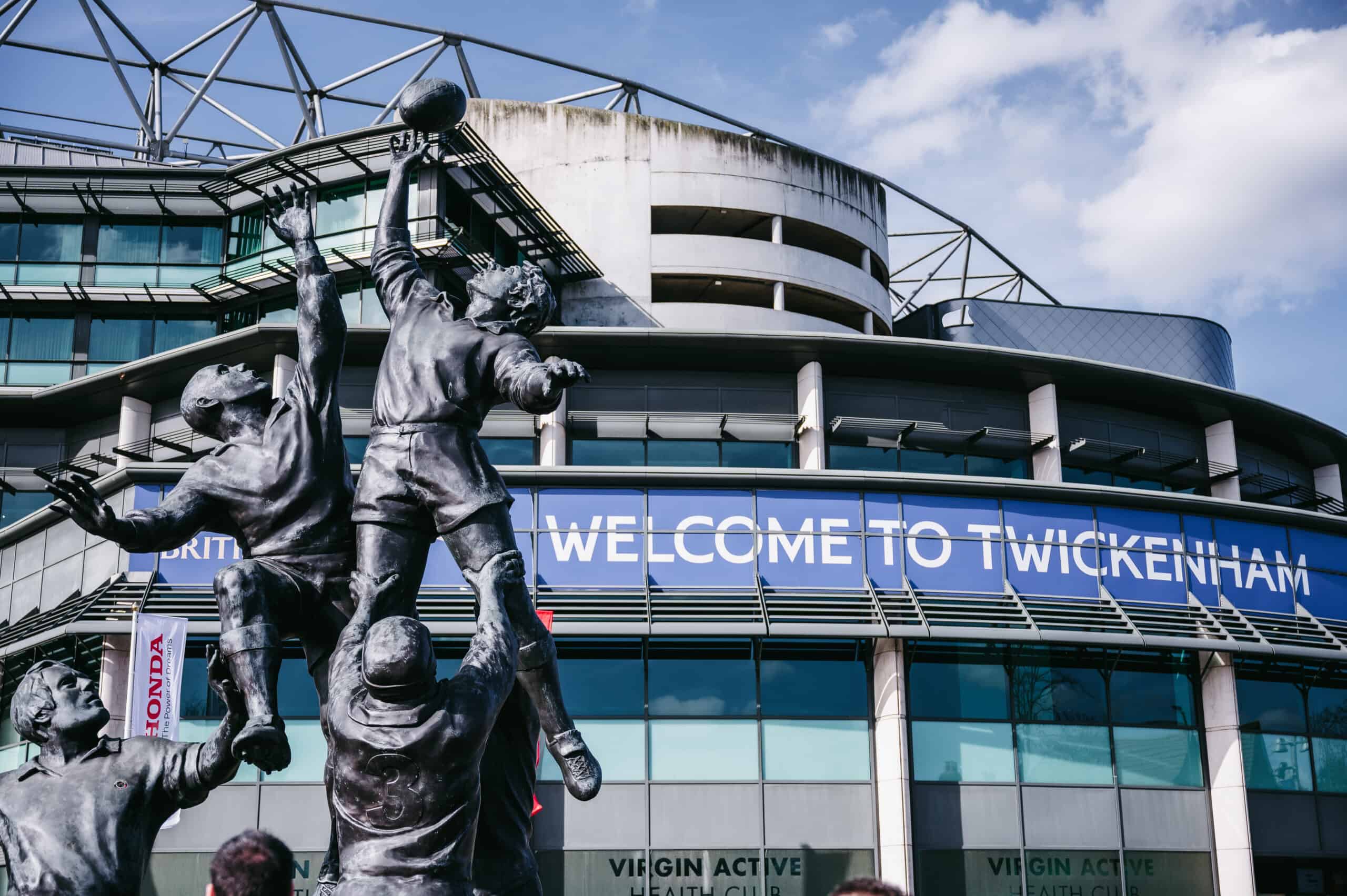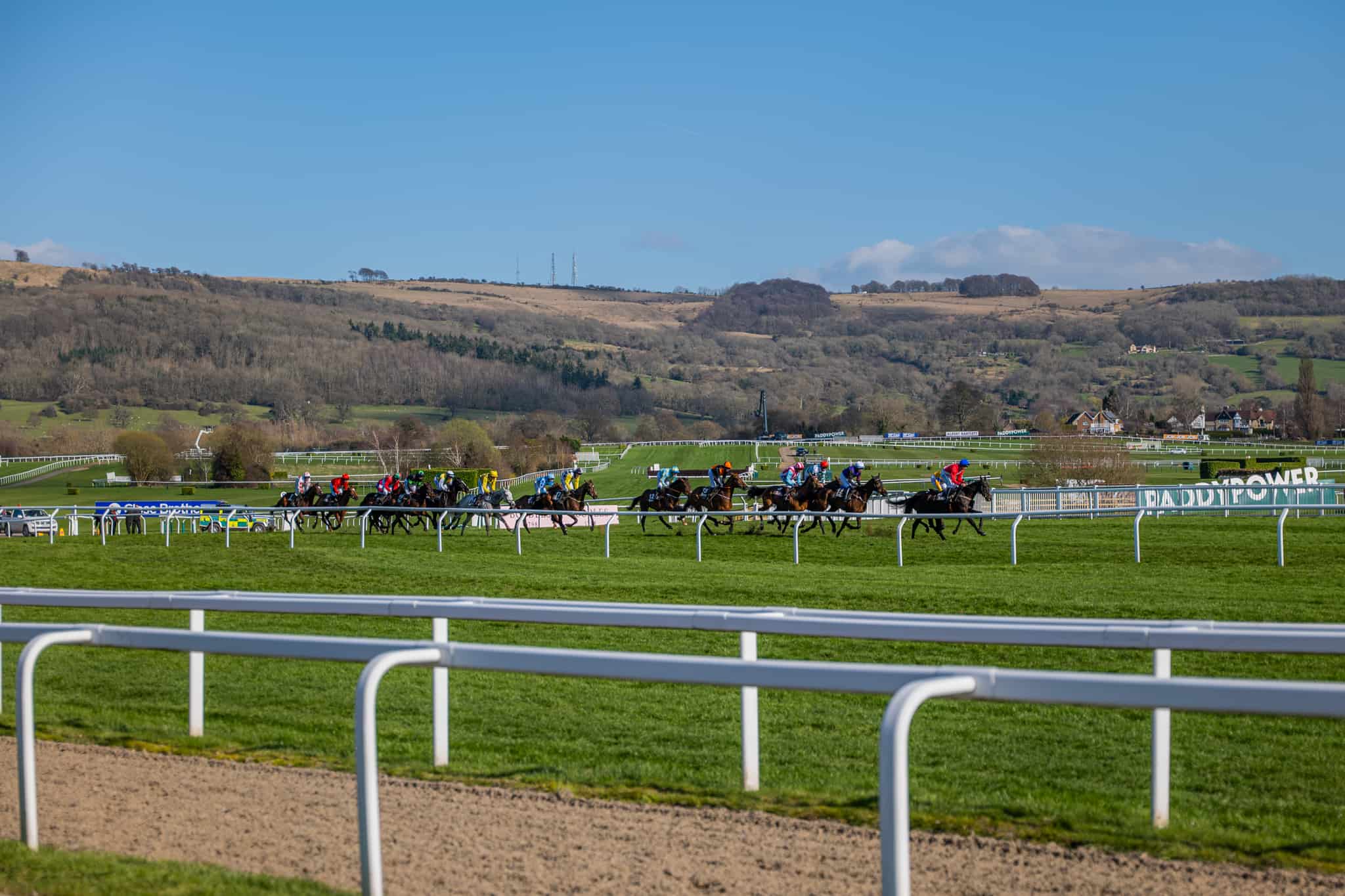The heavyweight boxing division has been back to its best in the last decade or so and British fighters have been at the forefront of that renaissance. Tyson Fury is one of the most notable personalities in the sport and at six feet and nine inches, he has literally towered above his opponents. Known for his gangly style, never-say-die attitude and infectious personality, the 36-year-old’s story is not that of your typical athlete.
As well as battling in the ring, he’s faced demons outside of it and has bounced back to re-establish himself as one of the world’s best. It’s only right that he’s the latest iconic sports star to feature in our ever-growing list of ICON legends.
Until May of this year, Fury remained unbeaten in his 16-year professional boxing career. He’s enjoyed 34 wins to date, with 24 of those coming by knockout. His most iconic win came against Wladimir Klitschko back in 2015 and it saw him claim the WBA (Super), IBF, WBO, IBO and The Ring heavyweight titles, alongside truly announcing himself on the world stage.
As well as being one of the best heavyweights of the modern era, Fury has also established himself as one of the great personalities. His no-filter attitude to interviews and habit of bursting into song in the ring after fights has become iconic and made him a fan favourite.
Rising up the ranks
Fury’s first professional fight came back in 2008 and he got off to a flying start, knocking out Béla Gyöngyösi just over two minutes into the first round. He became known for his early finishes and it wasn’t until his eighth bout that an opponent of his managed to make it past the fourth round.
With 14 wins under his belt, Fury met fellow Brit Derek Chisora at Wembley Arena in the summer of 2011. It was his biggest test to date and the fight went the distance, with Fury ultimately winning by unanimous decision – he then got the better of him again in a rematch three years later.
The second clash with Chisora was followed by another win over Christian Hammer, which made it 24 wins in a row and earned him his biggest fight so far – a challenge against Ukrainian legend Wladimir Klitschko.
Back from the brink
Fury had earned the right to face Klitscho as the mandatory WBO challenger and the fight eventually took place in Dusseldorf, Germany, in November 2015 after initially being postponed.
Klitschko was arguably the greatest boxer in the world at the time and was the heavy favourite, having not lost in more than 10 years. However, Fury defied the odds to win on split decision after 12 gruelling rounds.
It should have been the greatest moment of Fury’s life but after Klitschko demanded a rematch, the British star stalled, claiming he had no motivation. Fury has openly talked about his mental health struggles, as well as battles with drugs and alcohol during this time.
He ballooned in weight, reaching more than 24 stone, and after failing a drugs test he relinquished his heavyweight titles. He was ultimately suspended by the British Board of Boxing Control and spent years out of the ring, before eventually signing with Frank Warren.
Fury ultimately got back into shape and almost three years after beating Klitschko, he made his return to boxing, seeing off Sefer Seferi after just four rounds in Manchester.
Back to his best
Fury has long been linked with a headline bout against fellow Brit Anthony Joshua and for a period it was the one of the most highly-anticipated match ups in world boxing. But for whatever reason, it never materialised and Fury instead turned his attention to Deontay Wilder.
He first met the American heavyweight in 2018 and their first bout controversially ended in a draw after a split decision in what was the first time either fighter had ever failed to win. Yet Fury soon made up for it, knocking Wilder out twice in both of the subsequent rematches.
He’s since beaten fellow Brit Dillian Whyte, as well as Chisora for a third time. Fury’s 34th win in 35 fights came last October as he got the better of UFC star Francis Ngannou. But all good things must come to an end, including Fury’s unbeaten record.
He suffered his first defeat earlier this year against Oleksandr Usyk, another fearsome Ukrainian star. He’s regarded as arguably the best in the world at the moment and he outclassed Fury in a split decision back in May.
The pair are set for a rematch later this month, with Fury hoping to get his revenge when they meet in Riyadh on 21st December. Following that, Fury may finally seek a clash with Joshua, although his stock has dropped considerably after he suffered his fourth career defeat in September at the hands of Daniel Dubois.






